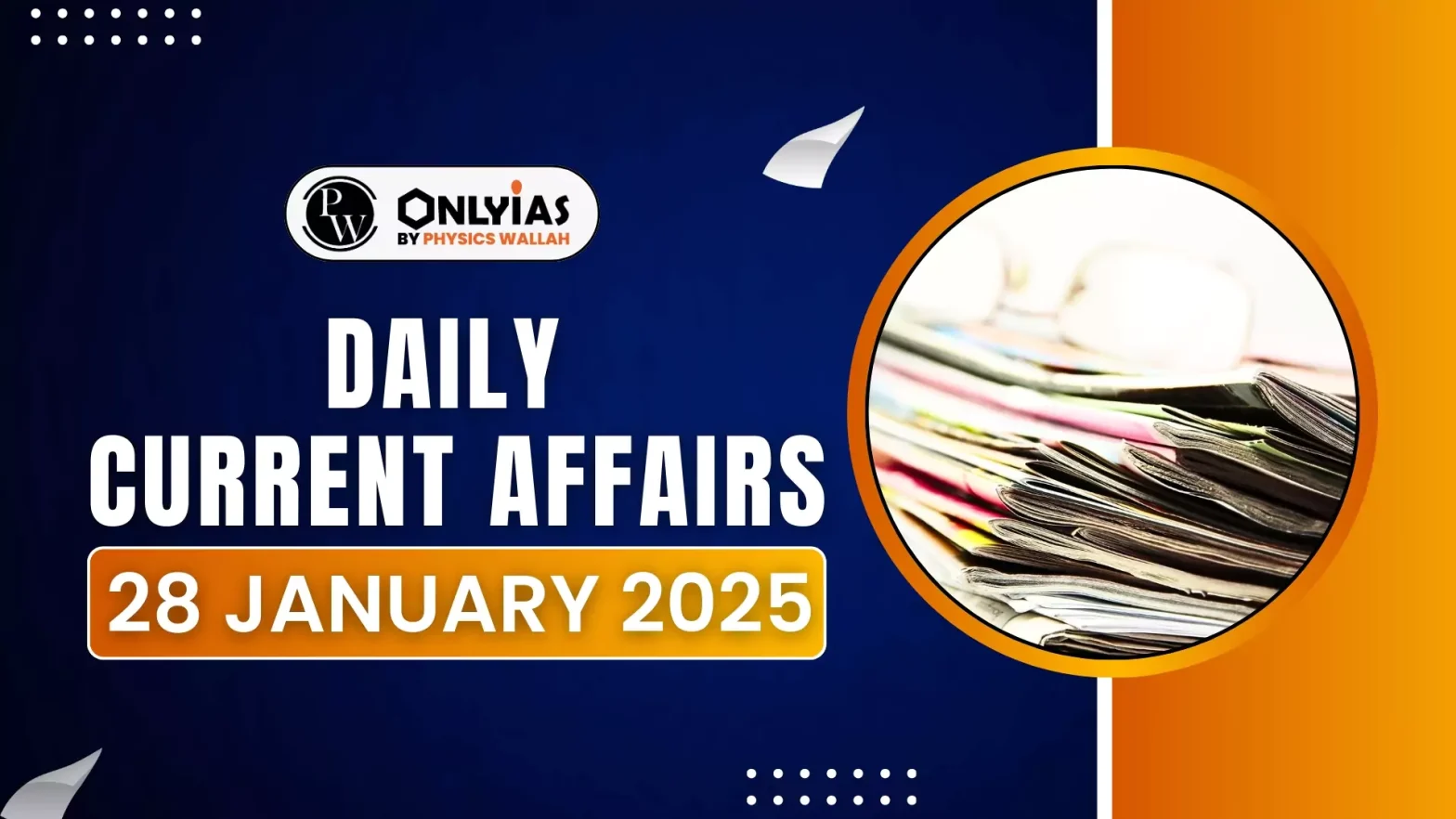Recently, the Bombay High Court directed the Maharashtra government to have an in-built mechanism to control decibel levels in loudspeakers, public address system (PAS) or any other sound-emitting gadgets used at places of worship, or institutions, irrespective of religion.
Bombay HC judgement
- Bombay HC ruled that the use of loudspeakers is not an essential part of any religion.
- Directed Maharashtra government and Mumbai Police to enforce noise pollution rules strictly.
- Suggested calibration and auto-fixation of decibel limits for loudspeakers and public address systems (PAS).
Enroll now for UPSC Online Classes
Essentiality Test in Religious Practice
- Origin of the Doctrine: Introduced by a 7-judge Bench of the Supreme Court in the Shirur Mutt case (1954).
- The court held that the term “religion” under Article 25 (freedom of religion) includes all rituals and practices integral to a religion.
- The judiciary assumed the responsibility of determining essential and non-essential practices of a religion.
- Key Features of the Essentiality Test:
- Purpose: To protect only those religious practices that are essential and integral to a religion.
- Judicial Role: Courts examine whether a practice is:
- Rooted in religious texts.
- Historically integral to the religion.
- Practiced by the majority of followers.
- Examples:
- In the Sabarimala case, the Supreme Court examined whether the exclusion of women of menstruating age was an essential practice of Hinduism.
- In the Ayodhya case (1994), the court ruled that a mosque is not an essential part of Islam, as namaz can be offered anywhere.
|
Judicial Observations
- Health Hazards: Noise pollution is a major health hazard, affecting mental and physical well-being.
- Fundamental Rights vs. Public Interest: Courts have balanced religious freedom (Article 25) with public health and order.
- Use of loudspeakers is not an essential religious practice.
- Enforcement Challenges: Police and authorities often fail to enforce noise pollution rules due to political or communal pressures.
- Courts have emphasized the need for strict implementation and accountability.
Key Directives
- In-built mechanism to control decibel levels at places of worship and institutions.
- Carry out “calibration or auto-fixation” of the decibel limit in these speakers
- Police to use decibel-measuring apps and seize equipment violating noise limits.
- Protection for complainants: Identity should not be disclosed to avoid retaliation.
- Four-step graded penalty system:
- First Violation: Police to issue a caution to the offender.
- Repeat Violation: Impose fines on the concerned trusts or organizations.
- Issue a warning of strict action for further violations.
- Continued Violations: Police to seize loudspeakers or sound-emitting equipment.
- Persistent Non-Compliance: Cancel the license for using loudspeakers.
- Initiate a complaint against the offenders under relevant laws.
2016 Bombay HC judgment:
- The use of loudspeakers could not be claimed as a fundamental right under Article 25 (freedom of religion) and Article 19(1)(a) (freedom of speech and expression) of the Constitution.
- Directives for the strict implementation of Noise Pollution (Regulations and Control) Rules, 2000.
- Prohibited loudspeakers in Silence Zones.
Supreme Court Rulings:
- July 2005: Banned the use of loudspeakers and music systems between 10 PM to 6 AM at public places (except in emergencies).
- Cited health hazards caused by noise pollution.
- October 2005: Allowed relaxation of noise norms for 15 days a year during festivals, permitting loudspeakers till midnight.
- States cannot delegate the power to relax noise norms to other authorities.
|
Check Out UPSC NCERT Textbooks From PW Store
About Noise Pollution
- According to the Central Pollution Control Board (CPCB), noise pollution is defined as “unwanted sound”.
- It is considered an air pollutant under the Air (Prevention and Control of Pollution) Act, 1981.
- It is regulated by the “Noise Pollution (Regulation and Control) Rules, 2000” under the Environment (Protection) Act, 1986
- Noise Pollution Norms:
- Residential areas:
- Daytime (6 am to 10 pm): Maximum of 55 decibels.
- Nighttime (10 pm to 6 am): Maximum of 45 decibels.
- Silence Zones: Areas near hospitals, schools, and courts where loudspeakers are prohibited.

Ready to boost your UPSC 2025 preparation? Join PW’s UPSC online courses today!
![]() 28 Jan 2025
28 Jan 2025

